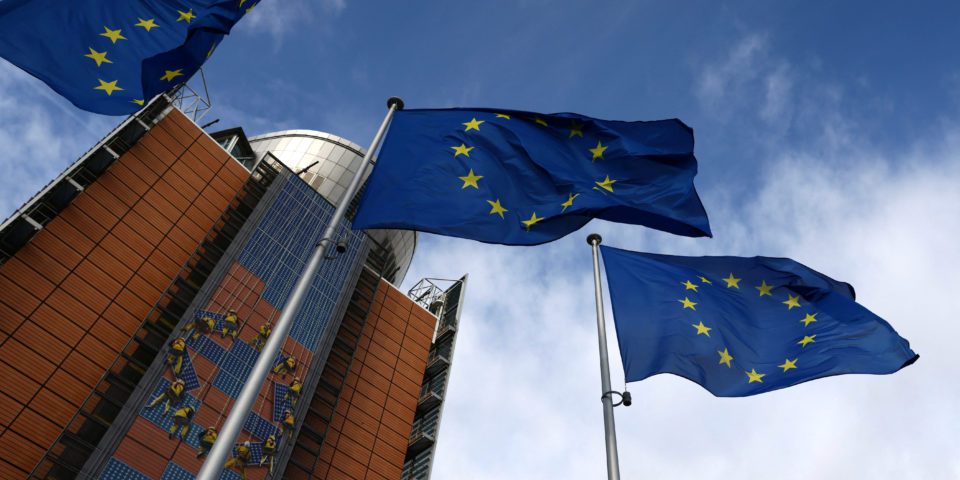By PAUL O’DONOGHUE, Senior Correspondent
CURRENTLY, WHEN A customer is scammed, what can an EU bank do?
They can report the crime to the police, of course. But much of the time, they can’t share potentially crucial information with other financial institutions.
For example, if a lender has identified suspicious transactions which indicate a customer could be a fraudster. Under current GDPR (General Data Protection Regulation, which governs the EU’s approach to data sharing, they likely wouldn’t be able to give this detail to another bank.
But it is this kind of data sharing which could make a real dent in fighting fraud, which is running rampant across European countries.
This is why Regina Doherty, a prominent Irish MEP, has shone a spotlight on the issue.
Recently, the EU has suggested it is open to a major revamp of GDPR rules. The aim would be to cut back on red tape, which many analysts feel is stifling the growth of European companies.
Opportunity
But Doherty has pointed out that overhauling the GDPR also presents an opportunity to fight financial crime.
“[GDPR] has blocked financial institutions from flagging red alerts to law enforcement,” she said.
She urged the Commission to update GDPR to continue protecting personal data while allowing faster responses to scams. “We need a smarter approach that protects privacy without paralyzing productivity,” she said. “That means giving regulators the tools to crack down on cybercriminals — not small businesses.”
Financial crime losses
Regulators would do well to heed her call. For an indication of the scale of the fraud issue, look to the likes of the European Banking Authority. Last week, it identified payment fraud as the single most significant issue for EU consumers.
European countries such as Germany and France report billions upon billions in losses every year, as growing numbers of consumers fall victim to scams.
The problem is likely set to get even worse with the rise of AI, which makes it even easier for criminals to run scams. Just last month, EU law enforcement agency Europol issued a formal warning on the dangers of AI-powered fraud.
Banks sharing data between themselves would give lenders a way to fight back. Rather than having to wait for police investigations to conclude, which can often take years, lenders could immediately warn others in the sector and help prevent further scams.
This of course goes further than just fraud. Data sharing such as this between banks also has the potential to reduce all types of financial crime, such as money laundering.
For example, if a client at one bank suddenly transfers large sums to an account in another, the receiving bank can be alerted and review the transaction, preventing the flow of criminal funds. Improved bank data sharing could also help banks identify corruption, bribery, and even terrorist financing.
Of course, a balance must still be struck with the right to individual privacy.
But as things stand, the scale is tipped too far towards the side which favours anonymity. And remaining faceless is exactly what criminals want.
The GDPR overhaul presents a unique fincrime opportunity – EU legislators should grasp it with both hands.











